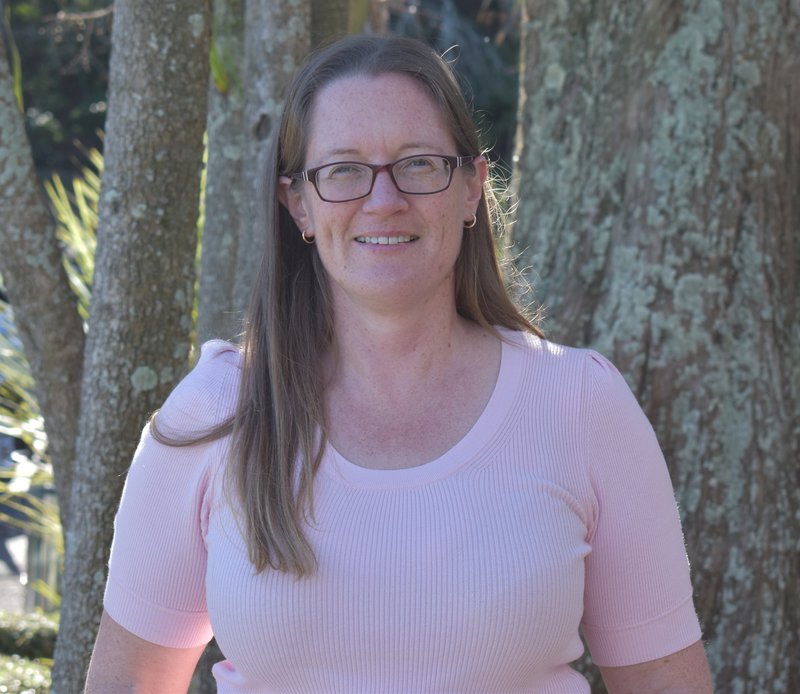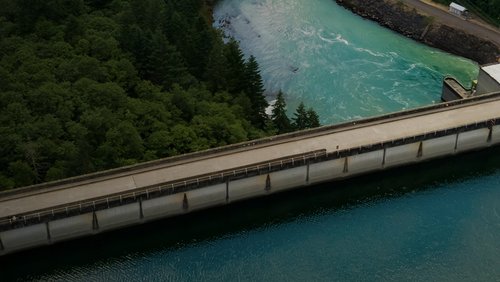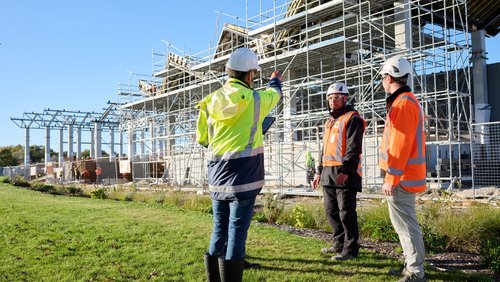15 Feb 2022
Kim is a senior lecturer at the University of Waikato in Civil Engineering (Geotechnical). Prior to this, she spent 8 years practising as a geotechnical engineer before taking the opportunity to become an academic. We discuss her varied career, skills she's used in both academia and industry – and more.
What's your role at the University of Waikato?
I'm a senior lecturer in Civil Engineering (Geotechnical). This year I'll be teaching the three geotechnical papers that are taught as part of the University of Waikato Civil Engineering degree.
Is there a particular person who inspired you to become an engineer?
I have a great love for mathematics and curiosity around natural hazards, which led me to geotechnical engineering as a profession.
I've been inspired by many academics, engineers and geologists that I have worked with and spoken to over the years.
Although I haven't been inspired by a specific individual to become an engineer, I'm inspired to become a better engineer through every project I become involved with by my colleagues and clients I work with/for – and students I teach.
You have had a varied career both in industry and academia. Can you tell us about three of your career highlights?
- Working on large multidisciplinary projects in relation to roading and the three waters. I was lucky to be working with many very skilled engineers and learnt a lot about various aspects of the projects and the approach and needs of other disciplines.
- Supporting clients who are keenly interested in their project and who seek to improve their general engineering knowledge to better understand the options provided to them.
- Being provided with the opportunity to join the University of Waikato to help to guide some of the next generations of engineers. As well as research to help improve geotechnical knowledge, which will become critical due to climate change effects and the development of marginal land areas in our major cities and towns.
What are three things that you've brought over from your work in industry to the world of academia?
- A strong interest in multidisciplinary work, particularly between Earth Sciences and Geotechnical Engineering, and among the Engineering disciplines.
- A drive to help industry apply the most recent research in design, and to help industry become more involved in research.
- A desire to help graduate engineers feel confident with their knowledge and comfortable to ask questions of their senior colleagues whenever they aren't sure.

What lessons have your students taught you?
Gosh, so many! I enjoy having students ask questions to further their understanding. Sometimes this can highlight where I may not have explained something well, or need to provide more detail to support student learning.
My students have also helped me to understand the pressures of assessment that they face and how various course loads can impact them.
Why are you a member of Engineering New Zealand?
Being a member of Engineering New Zealand supports my professional development by allowing me to remain up to date with current news.
It also keeps me aware of relevant events in my region and nationally, where I can attend those events and take the opportunity to network with other engineers.
I'm a Chartered Professional Engineer, and feel it's important to be a member of the body that determines that standard.
What Engineering New Zealand technical groups do you belong to and how do you contribute to these groups?
I'm a member of New Zealand Geotechnical Society (NZGS), International Society for Rock Mechanics (ISRM) and the International Society for Soil Mechanics and Geotechnical Engineering (ISSMGE). I'm a Bay of Plenty Branch Coordinator for the NZGS.
How do you incorporate Te Ao Māori in engineering courses at the University of Waikato?
All of our compulsory professional papers have at least one module pertaining to Te Ao Māori and students are also encouraged to consider this within their research project in their final year.
What is your favourite piece of engineering in Hamilton?
Although I'm not a Hamilton local (as I live in Tauranga and commute) I'm a fan of heritage structures, particularly viaducts and bridges, so I would have to choose Victoria Bridge.




